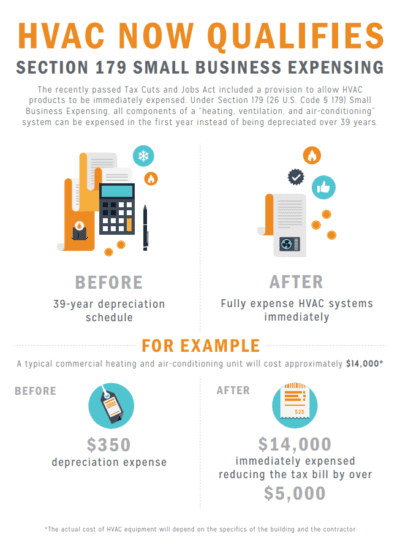Heat Pump Vs Heater - Which Is The Better Home Heating Option For Your Home?
Heat Pump Vs Heater - Which Is The Better Home Heating Option For Your Home?
Blog Article
Staff Author-Hjelm Rose
Many homeowners know with heating systems, which warmth homes with oil or gas and press hot air through ductwork. https://www.cleanlink.com/news/article/Standard-For-Cleaning-HVAC-Systems-Updated--27009 are relatively inexpensive and can provide trusted home heating also throughout a winter season power outage.
However, they use nonrenewable fuel sources and produce carbon monoxide gas and other air contamination. They additionally aren't as energy-efficient as a high-efficiency heatpump.
Cost
Normally, heat pumps are much more affordable to run than heaters. visit web site use electrical power and refrigerant to remove heat from outdoor air, and then move it right into your home. You can make the most of less expensive electrical power rates throughout off-peak hours to better reduce your heating expenses.
Unlike heatpump, gas or wood-burning heating systems use burning to produce warm, producing flue gases into the atmosphere that can be dangerous to your health and wellness. These heating systems are additionally much less energy-efficient than heat pumps, and their greater operating costs can accumulate in time.
Heating systems are a lot more complicated than heatpump and need regular upkeep to make certain the proper function of all parts. Regardless of this, they have a tendency to last longer than heatpump with a regular life-span of two decades or more. However, you'll need to factor in the cost of gas, fuel oil or timber and the additional tools required for installment and operation such as air ducts and ventilation systems.
Power Efficiency
Heat pumps have a higher power performance rating than furnaces. These systems make use of electricity to feed on warm from the air, also in freezing temperature levels. They can also get rid of excess heat from the home throughout warmer months and recycle it to cool down the system. Carrier specialists can assist you identify the best design for your home on environment and resource power costs.
Furnaces burn gas oil, gas, natural gas or various other kinds of fossil fuel to heat up the air in the home. This air is then spread with ductwork utilizing a big fan. Furnaces produce greenhouse gases and call for routine maintenance and devices upgrades to make certain secure procedure.
The largest benefit of a furnace is that it can be run even in extreme winter months conditions due to the fact that it does not rely on outside temperatures to warm the air. Heating systems also have a longer life expectancy than heat pumps and usually last 15 years. They can also be coupled with dual fuel options, which choose the most reliable home heating option based on the climate.
Environment
Heat pumps work well in moderate climates and make use of less resource energy than heating systems. However, if your region is extremely cool, you might require to buy a basic gas heater rather.
Heaters supply cozy, relaxing heat and commonly provide rapid heating to elevate indoor temperature levels. These systems can be made use of with a range of fuel kinds, including gas, gas, oil or electrical power.
They eat a lot more power than heatpump-- up to 3x as much-- and require ductwork that's costly to set up or retrofit. They're likewise much more costly to preserve, as they can trigger air high quality issues and generate greenhouse gas emissions.
If you're dedicated to minimizing your carbon footprint, a heat pump is an excellent option for your home. They have fewer greenhouse gas discharges than furnaces, specifically if you pick an ENERGY STAR ® heatpump. Your local Service provider professional can describe the differences between these two heating systems and help you make the best choice for your distinct demands.
Personal Preferences
Heating systems can be very energy effective when powered by natural gas, gas or oil, but they aren't as energy efficient as heatpump in cold environments. They can likewise be a lot more costly to install, requiring gas lines and air flow systems.
However, heaters tend to need much less upkeep, which can lead to lower ongoing costs. They generate fewer greenhouse gases and are more reliable than heat pumps throughout severe weather.
Electric heat pumps are extra versatile in developing interior comfort due to the fact that they can likewise work as ac system during warmer months. They can be easier to maintain, calling for only routine air filter changes and periodic vacuuming.
If you choose the comfort of a single system that does it all, take into consideration a hybrid heating solution that sets a furnace with an electric heatpump. These systems can instantly switch between the two heating alternatives based on your home's requirements and temperature level conditions, making the most of effectiveness and financial savings.